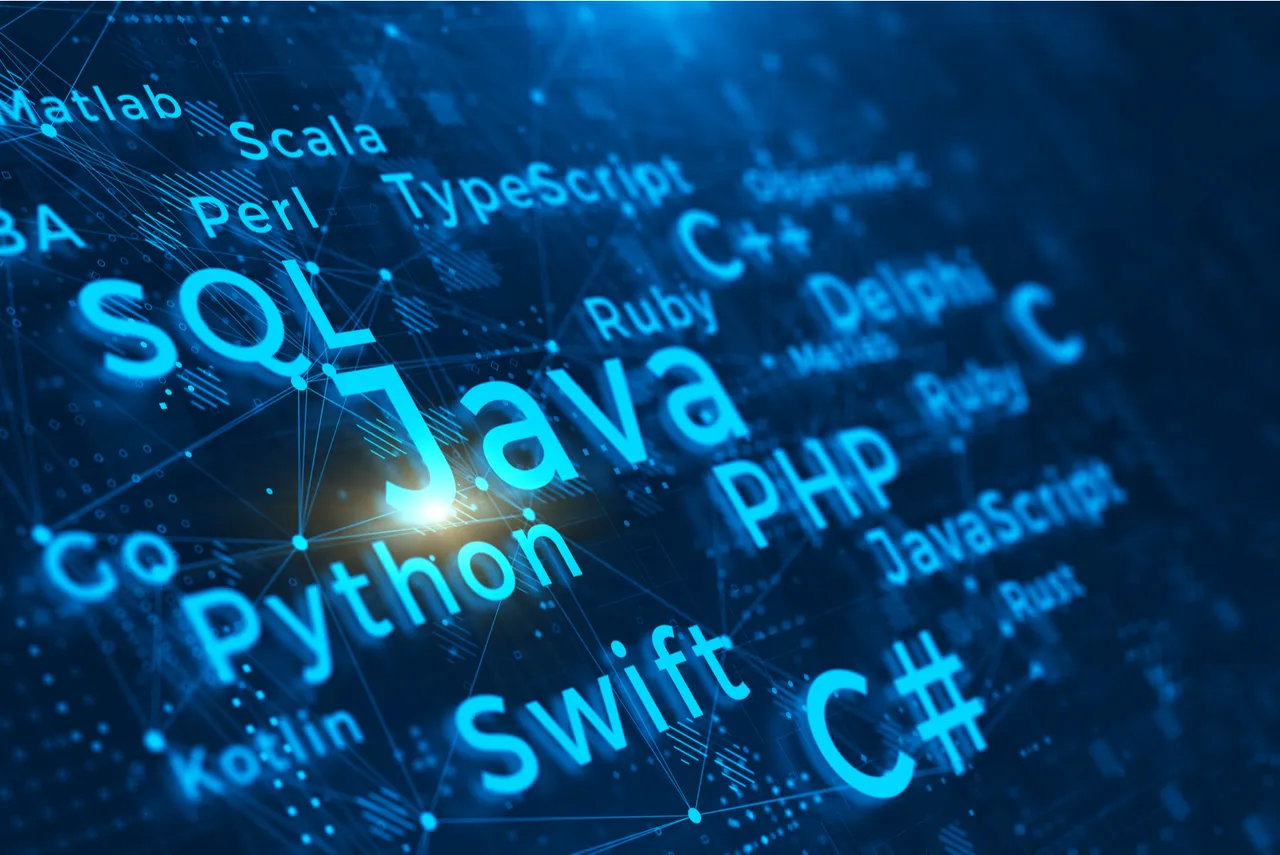1. Relational Database Basics
What is SQL?
Overview of relational databases and schema structure
Introduction to Oracle database environment
2. Creating Tables
Defining data types
Creating tables and adding constraints (Exercise)
Altering tables, adding/dropping columns, dropping tables
3. Basic SELECT Statements
Syntax basics: whitespace, semicolons, case sensitivity
Selecting all or specific columns (Exercise)
Sorting and filtering results with ORDER BY and WHERE clauses (Exercise)
Handling NULL values and using logical operators
Limiting rows with FETCH
4. Oracle SQL Functions
Using the DUAL table and column aliases
Numeric, character, datetime, and NULL-related functions (Exercise)
Using ROW_NUMBER() and calculated fields
5. Aggregate Functions and Grouping
COUNT, SUM, AVG, MIN, MAX (Exercise)
Grouping with GROUP BY, ROLLUP(), and CUBE()
Using DISTINCT to remove duplicates
6. Joins and Subqueries
Inner and outer joins (Exercise)
Writing subqueries in SELECT, WHERE, and FROM clauses (Exercise)
7. Set Operators
Using UNION, UNION ALL, INTERSECT, and MINUS (Exercise)
Working with aliases in combined queries
8. Conditional Logic with CASE
Writing simple and searched CASE expressions
Applying conditional logic in real queries (Exercise)
9. Data Manipulation Language (DML)
Introduction to transactions and sessions
Inserting, updating, and deleting records (Exercise)
Modifying multiple records at once
10. Creating and Using Views
Benefits and use cases for views
Creating and querying views (Exercise)
Inline views and their applications


